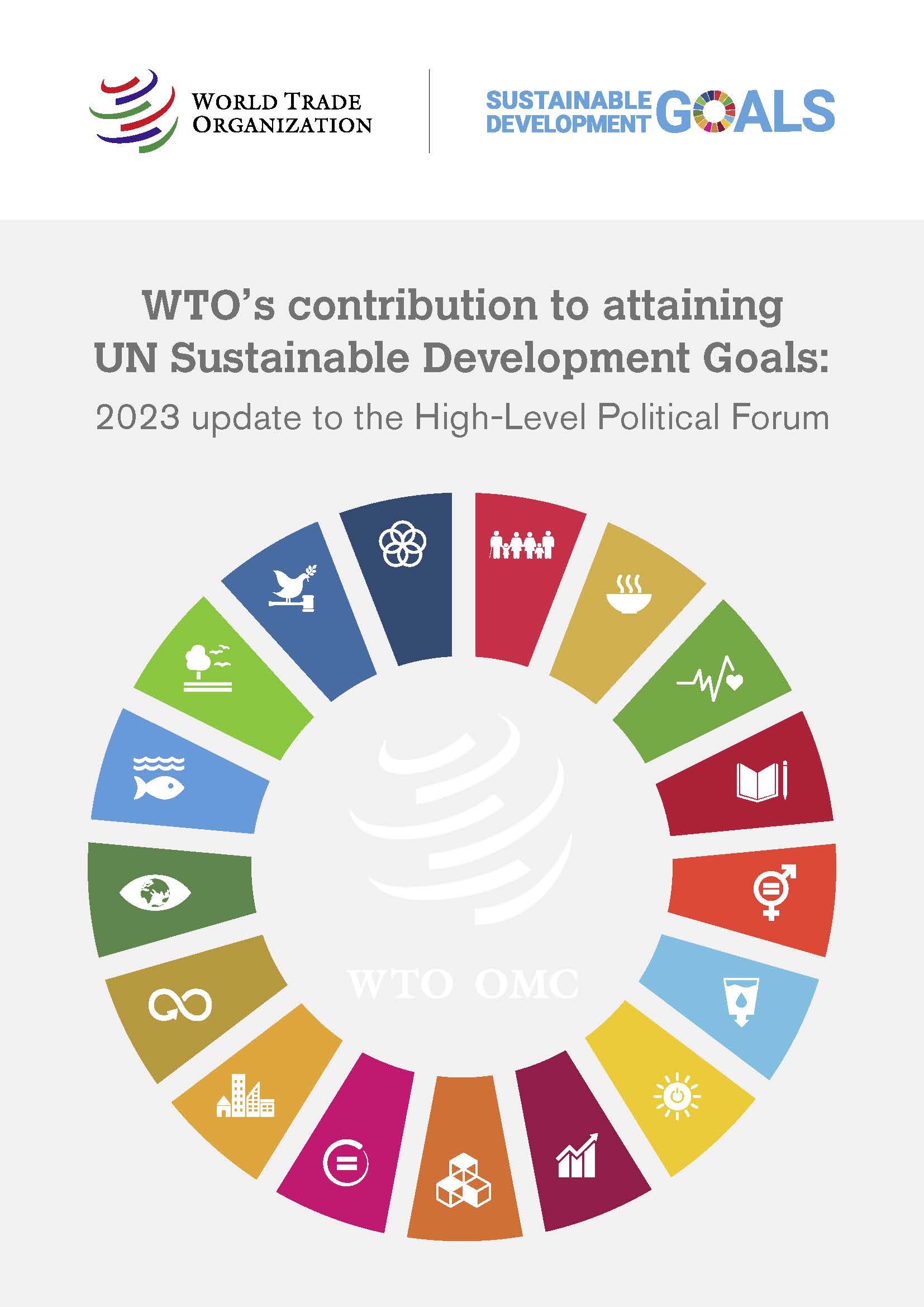Sustainable Development Goals
SDGs and trade: Making trade work for people and planet
The WTO is showcasing the role of trade in attaining the UN Sustainable Development Goals (SDGs) in an exhibition taking place in Geneva's Parc des Bastions from 6 September to 2 October 2023. The aim of the exhibition is to increase awareness about the 17 SDGs and how trade is helping to bring about a more equitable and sustainable future. It has been organized under the WTO's partnership with the United Nations and UN staff in Geneva.
Let's Talk Sustainable Development
Goals
GOAL 1
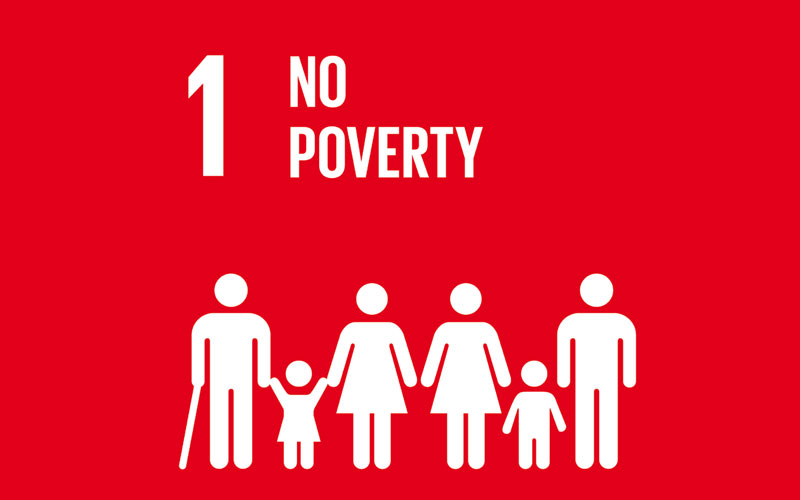
No Poverty
Trade can generate higher standards of living, decent jobs, lower prices and more choices for consumers, resulting in less poverty.
Further information
GOAL 2
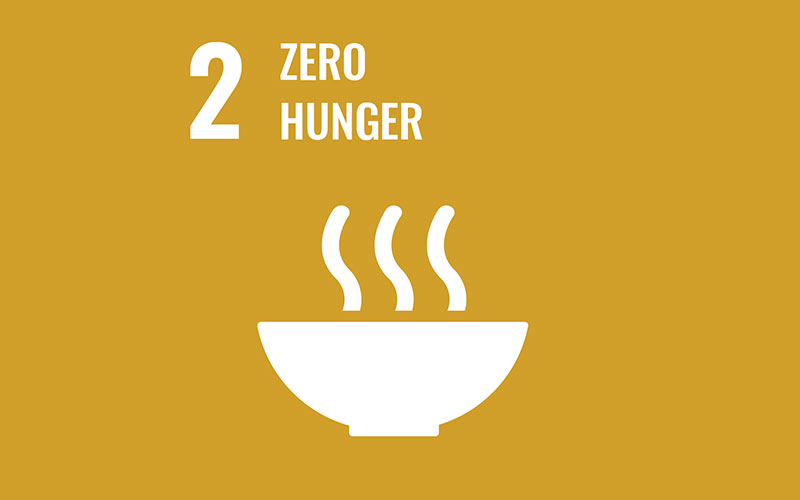
Zero Hunger
Trade in food and agricultural products, improves food security.
Further information
GOAL 3
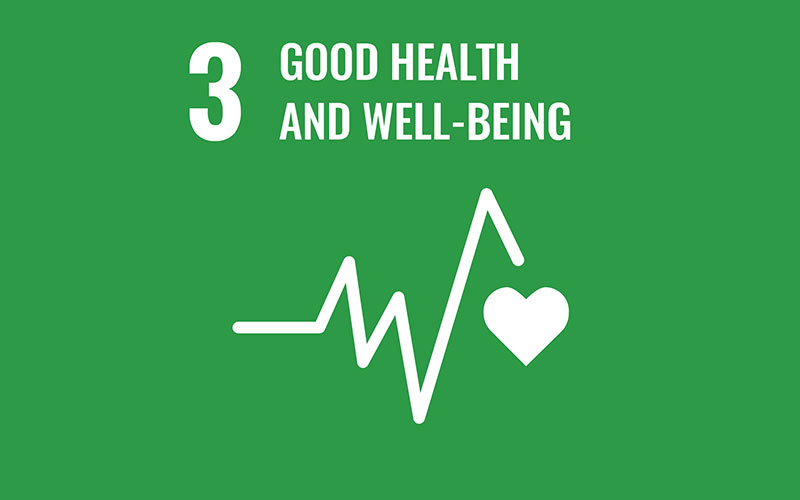
Good Health and Well-Being
Intellectual Property protection promotes research and development, manufacturing, production and delivery of new health technologies.
Further information
GOAL 4
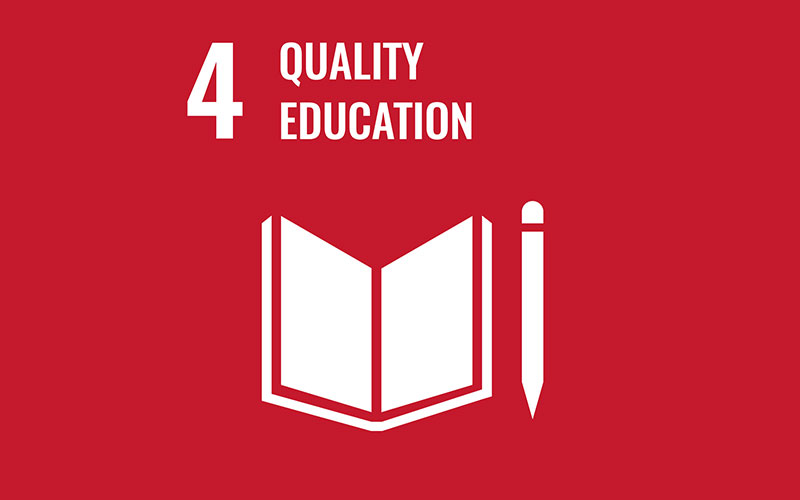
Quality Education
Liberalising trade in services increases access to educational services.
Further information
GOAL 5
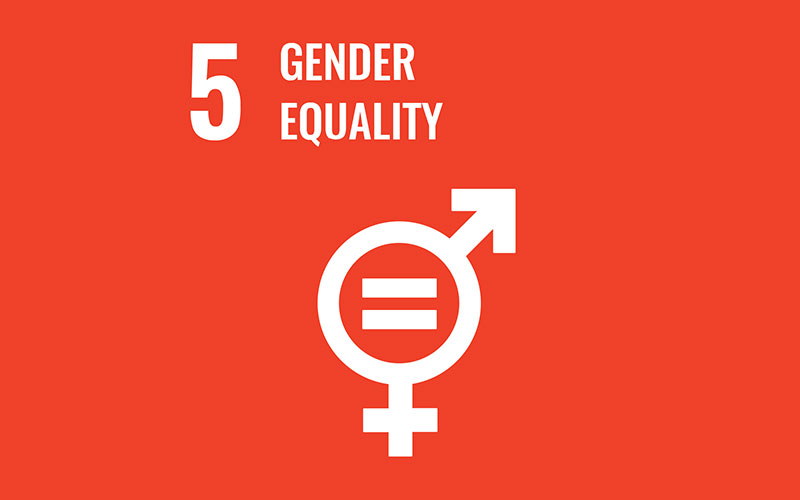
Gender Equality
Trade generates better paid, higher quality and more jobs for women.
Further information
GOAL 6
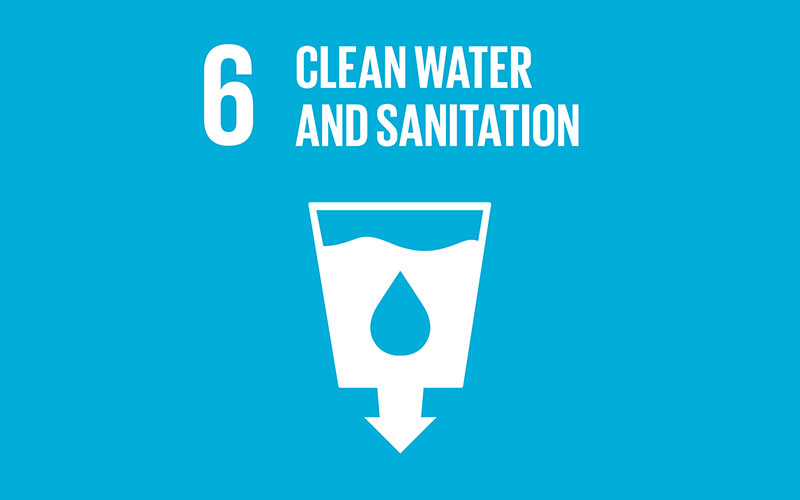
Clean Water and Sanitation
-
Trade can provide the means to disseminate the technologies needed for
better water management.
- View exhibition panel on SDG 6
Further information
GOAL 7
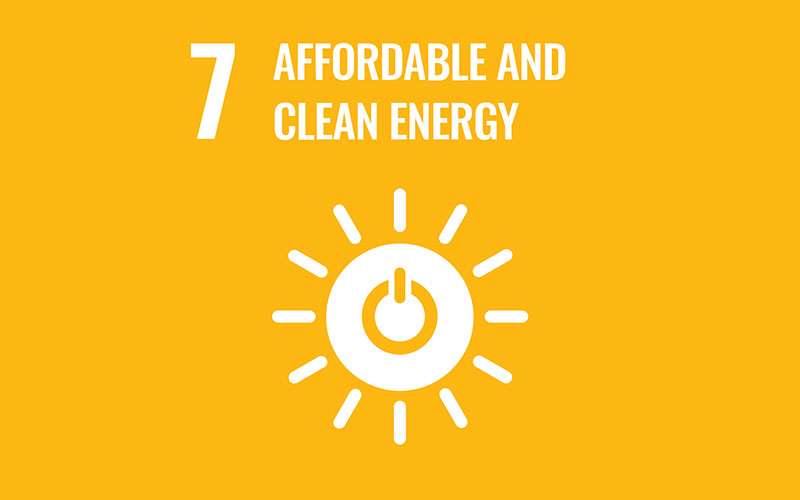
Affordable and Clean Energy
Trade can incentivise the development of clean and affordable energy.
Further information
GOAL 8
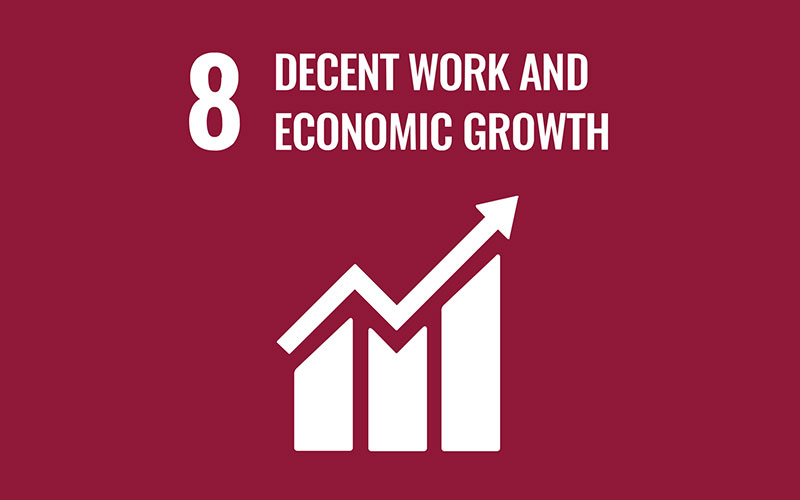
Decent Work and Economic Growth
Trade-led, inclusive economic growth enhances a country’s capacity to generate higher income and decent jobs.
Further information
GOAL 9
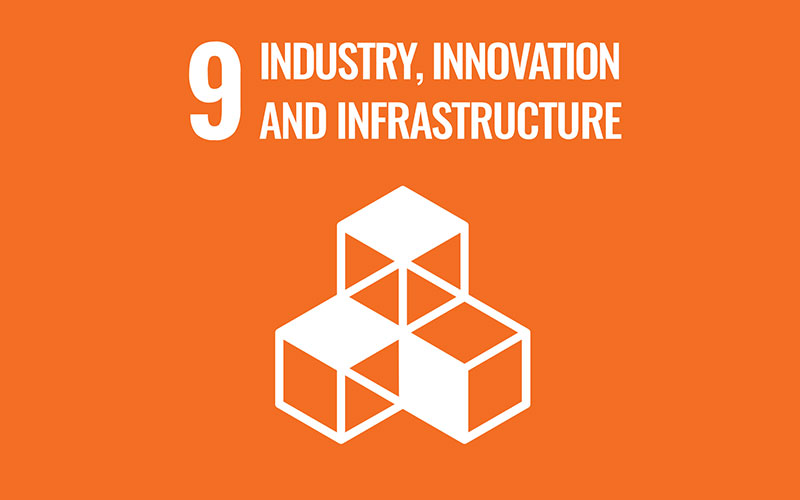
Industry, Innovation, and Infrastructure
WTO’s work on intellectual property, e-commerce, government procurement and aid for trade support economic transformation.
Further information
- Publication: The Promise of TradeTech
- World Trade Report 2020: Government policies to promote innovation in the digital age
GOAL 10
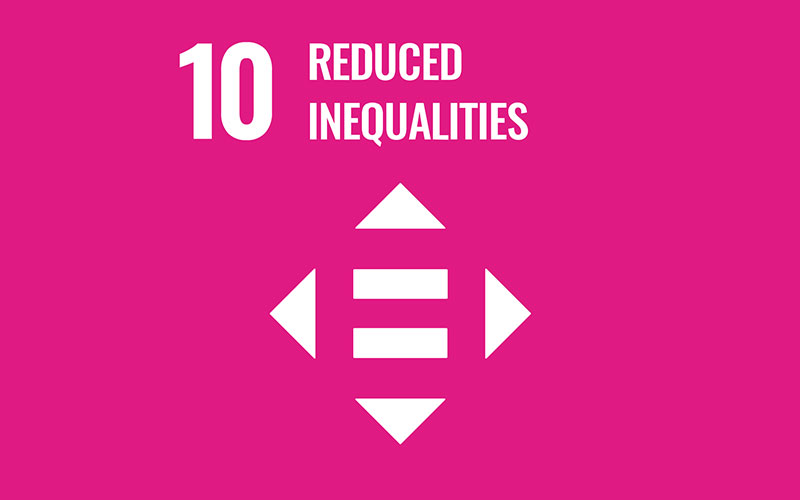
Reduced Inequality
Special and Differential Treatment in WTO rules can help level the playing field in international trade.
Further information
GOAL 11
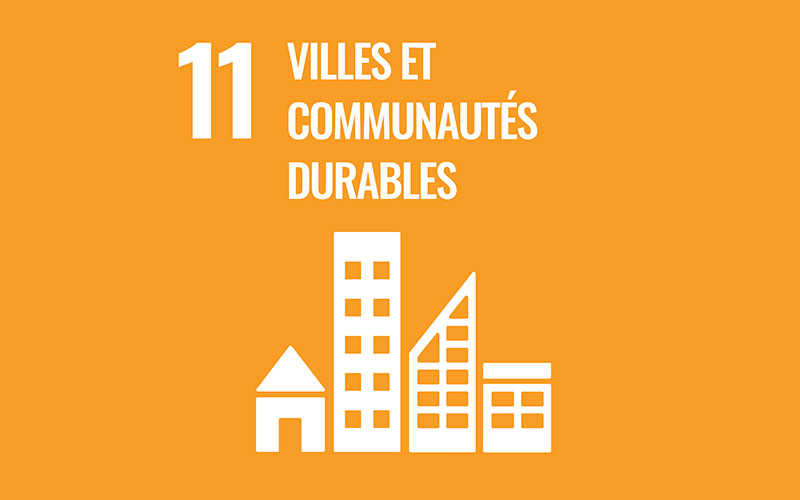
Sustainable Cities and Communities
Trade can make cities and communities inclusive, resilient and sustainable by increasing access to environmental goods and services.
Further information
GOAL 12
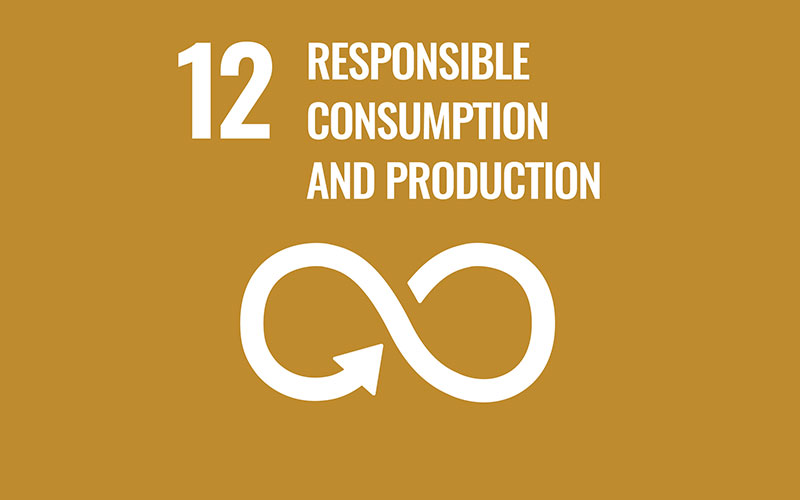
Responsible Consumption and Production
WTO rules address unjustifiably discriminatory or unnecessary barriers affecting trade in repaired, recycled, refurbished and remanufactured goods.
Further information
GOAL 13
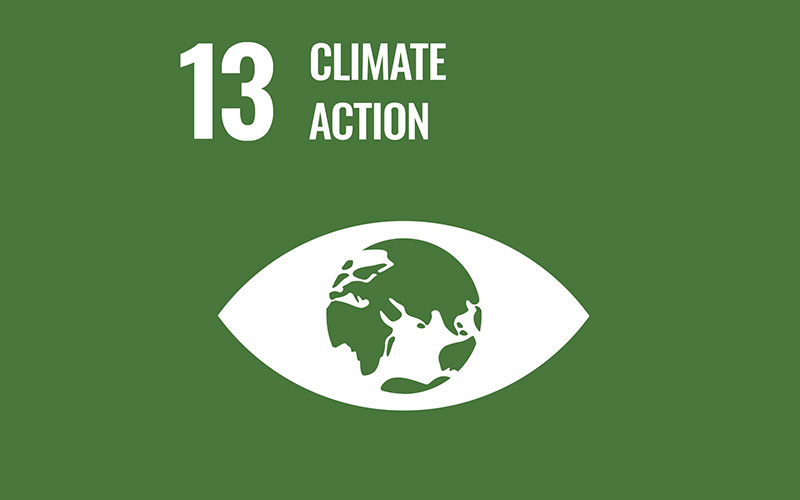
Climate Action
Trade contributes to the development and diffusion of green technologies.
Further information
GOAL 14
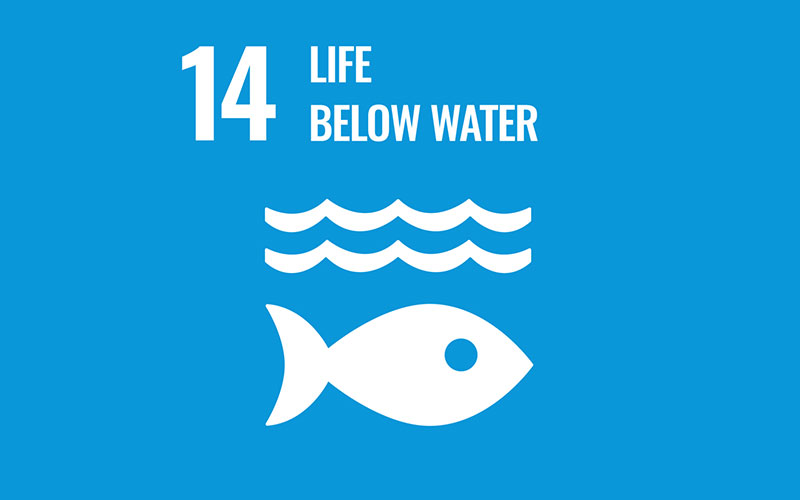
Life below Water
Sustainable trade practices protect marine resources and promote the blue economy.
Further information
GOAL 15
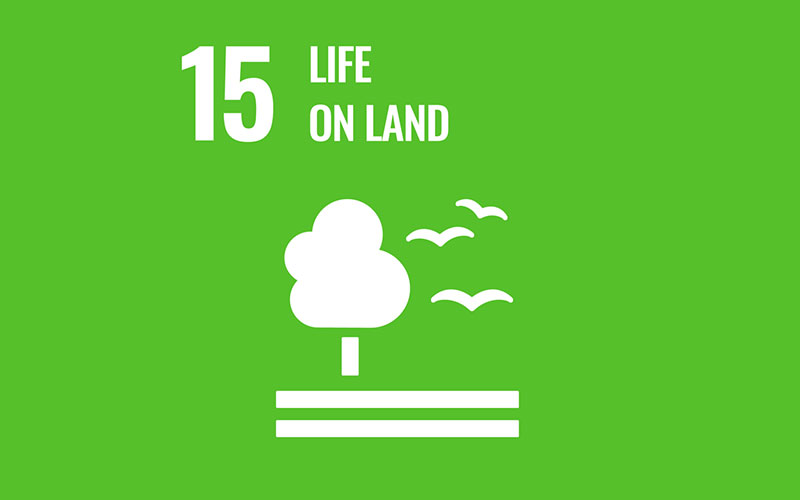
Life on Land
Sustainable development and the protection and preservation of the environment are enshrined in the WTO's founding agreement.
Further information
GOAL 16
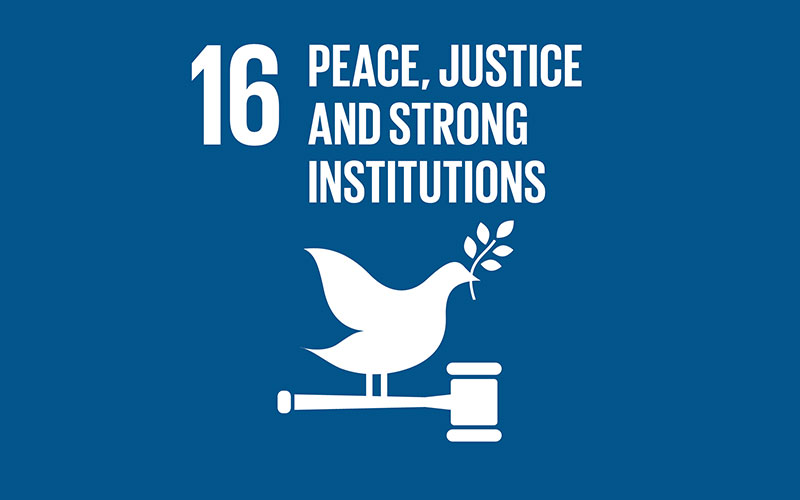
Peace, Justice and Strong Institutions
WTO rules contribute to strengthening domestic institutions and the rule of law.
Further information
GOAL 17
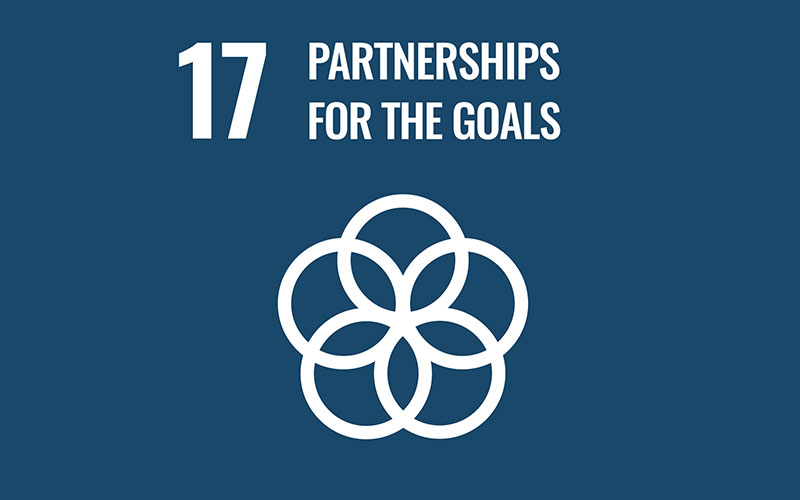
Partnerships for the Goals
The WTO partners with other international organisations to ensure that trade supports the implementation of the 2030 Agenda for Sustainable Development.
Further information
Achievements
SDG TARGET 2.B
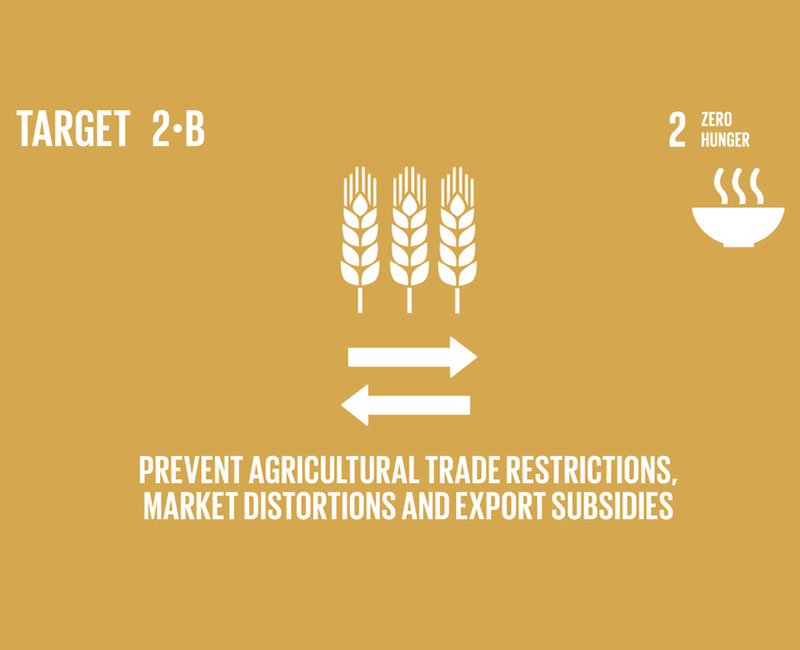
Correct and prevent trade restrictions and distortions in world agricultural markets, including through the parallel elimination of all forms of agricultural export subsidies and all export measures with equivalent effect, in accordance with the mandate of the Doha Development Round.
The WTO 2015 Decision on Export Competition phases out the use of export subsidies in agriculture for most countries by 2023, reducing price distortions that negatively affect both consumers and farmers and partly achieving SDG Target 2.b.
SDG TARGET 14.6
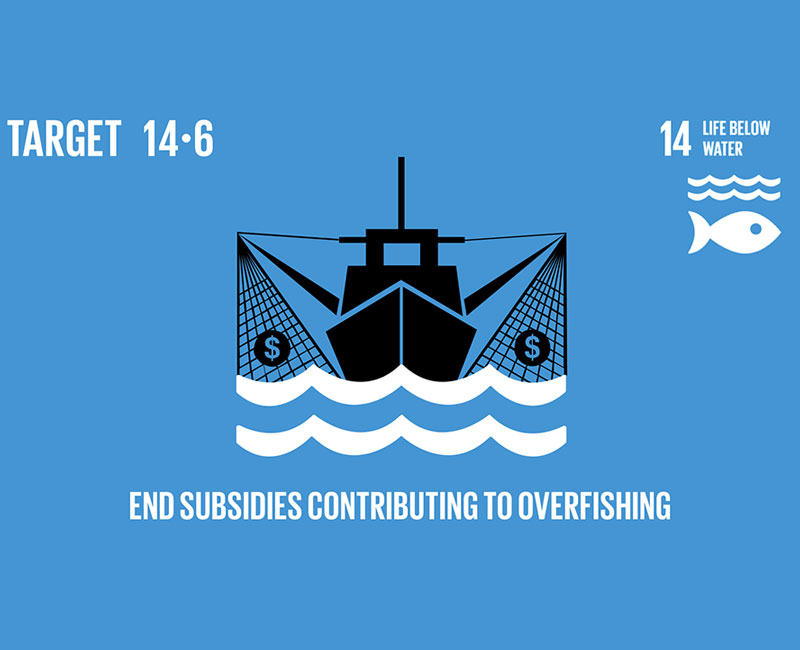
By 2020, prohibit certain forms of fisheries subsidies which contribute to overcapacity and overfishing, eliminate subsidies that contribute to illegal, unreported, and unregulated fishing and refrain from introducing new such subsidies, recognizing that appropriate and effective special and differential treatment for developing and least developed countries should be an integral part of the World Trade Organization fisheries subsidies negotiations.
The WTO Agreement on Fisheries Subsidies, adopted at the 12th Ministerial Conference (MC12) on 17 June 2022, marks a major step forward for ocean sustainability by prohibiting fisheries subsidies that contribute to illegal, unreported and unregulated (IUU) fishing, overfished stocks and fishing in the unregulated high seas.
Share
Problems viewing this page? If so, please contact [email protected] giving details of the operating system and web browser you are using.
